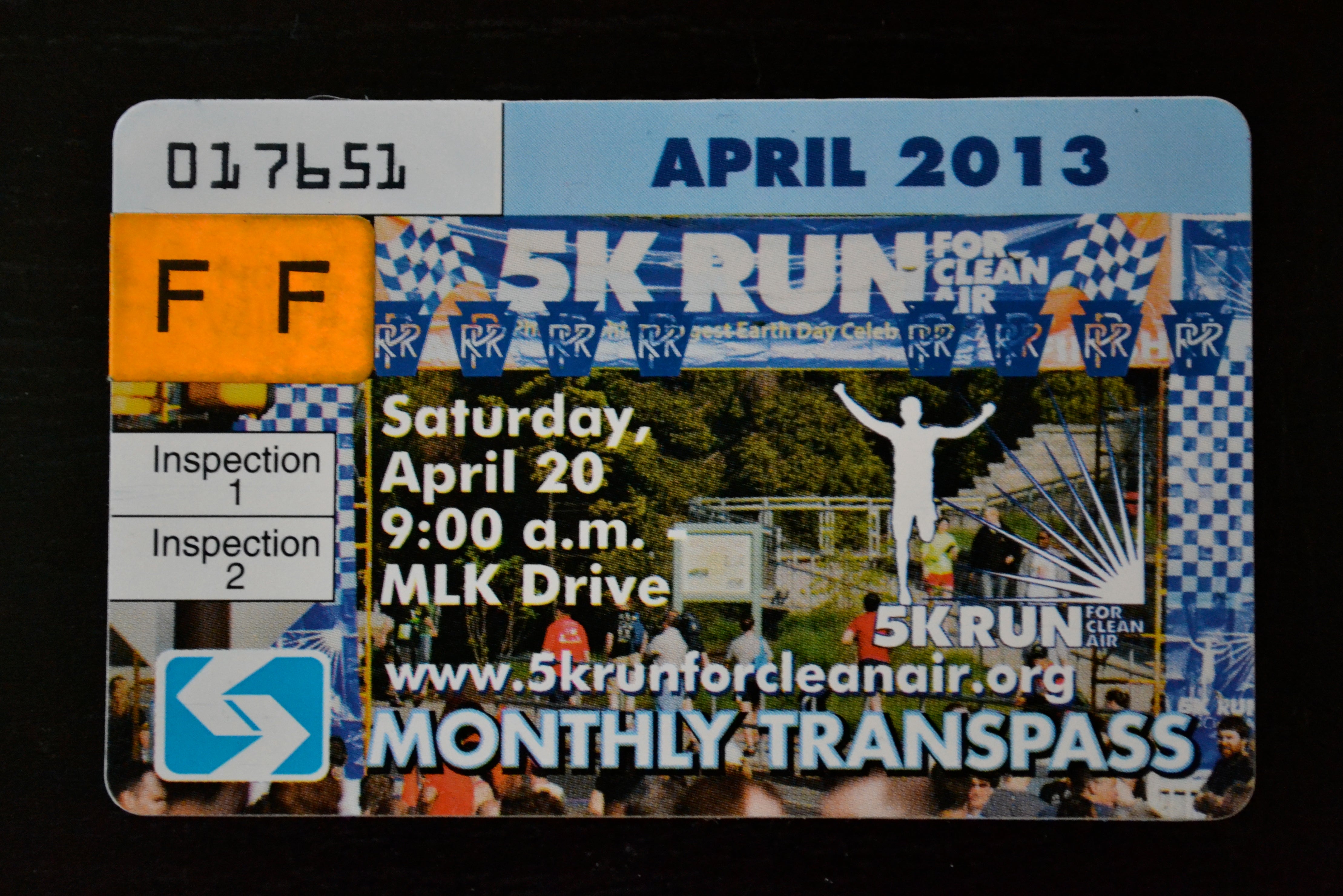SEPTA to impose TransPass limits

As part of its New Payment Technology (NPT) plans, SEPTA has proposed ride limits on monthly and weekly passes. If this is approved, Weekly TransPasses will be capped at 50 rides, and Monthly TransPasses will be capped at 200 rides. The limits would go into effect on or around July 1, 2014, but worried SEPTA customers have already started to express concern.
This month SEPTA is holding several public hearings on its proposed fiscal year 2014 fare increases and the increases that will follow when NPT begins.
NPT will replace tokens with “smart media,” i.e. SEPTA issued fare cards or compatible cell phones and credit, debit or identification cards. Passengers who register their smart media with SEPTA by providing basic contact information will be able to purchase weekly or monthly TransPasses on the registered card or compatible device. Weekly passes, though, will be invalid after 50 rides. Monthly passes will be void after 200 rides.
SEPTA’s reasoning on pass limits
SEPTA hopes imposing pass limits will reduce pass sharing, said Rich Burnfield, SEPTA’s chief financial officer.
“There [are] probably some offices that have an office SEPTA card that they use for individuals on the staff,” he said as an example of TransPass abuse.
The proposed pass limits are “quite high so that the majority or almost all of our customers are protected, but [the limits] hopefully protect us against some of the abuse of those cards,” Burnfield said.
SEPTA set the limits after analyzing its ridership data, said Dan Casey, director of revenue and ridership. SEPTA looked at usage of the 62,000 Weekly TransPasses it sells. According to Casey, 94 percent of Weekly TransPass riders make 34 or fewer trips. Ninety-eight percent of weekly pass riders make between 47 and 48 trips.
One percent of Weekly TransPass riders, or 620 individuals, make between 51 and 147 rides per week.
Based on those numbers, SEPTA believes a 50-ride cap on weekly passes will spare the vast majority of customers. Given that there are four weeks in a month, one might assume that a 200-ride cap on monthly passes, or four times the Weekly TransPass ride limit, would spare the majority of riders using monthly passes.
A SEPTA rider who spoke at one of the public hearings this week pointed out a flaw in that logic. There are 4.3 to 4.4 weeks in a month.
Opposition to pass limits
“While limits are intended to deter abuse of passes, it’s going to hit a lot of customers who use the system to get to work,” said Matthew Mitchell, president of the Delaware Valley Association of Rail Passengers (DVARP).
Mitchell said instances of pass abuse, like shared office passes, are just anecdotes.
“How much do you disrupt your regular riders in order to deter some of the abuses that are the extreme abuses?” he said.
Mitchell and multiple people who spoke at the public hearings said that for many just getting to work is a three-seat ride in each direction. If a passenger with a six-seat roundtrip commute uses SEPTA to get to work five days a week, he or she will use 30 trips for commuting alone, not to mention getting to a second job, the grocery store, doctors visits or perhaps their child’s school.
At one public hearing, Jeanette Marsh-Battle pointed out that there was no one speaking on behalf of school students or their guardians.
“Now that these schools have closed, these people will have to travel distances they are not economically able to pay for,” she said.
While students might be covered under student passes, parents and guardians who take their children to school and commute on multi-seat rides might be more likely to run into pass limit conflicts.
One public hearing attendee said the passes should remain unlimited but suggested a compromise might be to recognize multi-seat rides as one single trip.
Eliminating gender stickers
If the proposed tariff changes are approved, SEPTA will also eliminate the gender stickers on TransPasses.
The stickers were initially intended to cut down on pass sharing between, for instance, a husband and wife or boyfriend and girlfriend. That does not prevent two people of the same gender from using a pass though. This inefficiency and fears that the stickers led to discrimination of transgender passengers prompted SEPTA to do away with the stickers.
Though the stickers and the pass limits are both attempts to cut down on pass sharing, SEPTA is not imposing the pass limits as a result of getting rid of the gender stickers, Burnfield said.
He did not speak on pass limits, but Andrew Stober, chief of staff at the Mayor’s Office of Transportation and Utilities, did commend SEPTA’s plans to remove the stickers.
“The city applauds SEPTA’s [efforts] to eliminate gender stickers on all passes,” Stober said. “This decision may not affect many riders, but for those that it does, it is deeply meaningful.”
WHYY is your source for fact-based, in-depth journalism and information. As a nonprofit organization, we rely on financial support from readers like you. Please give today.



